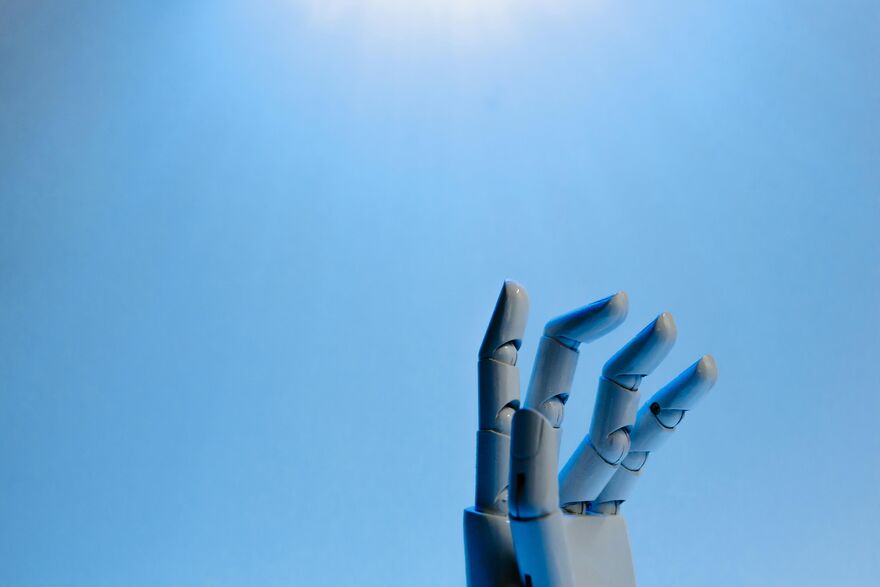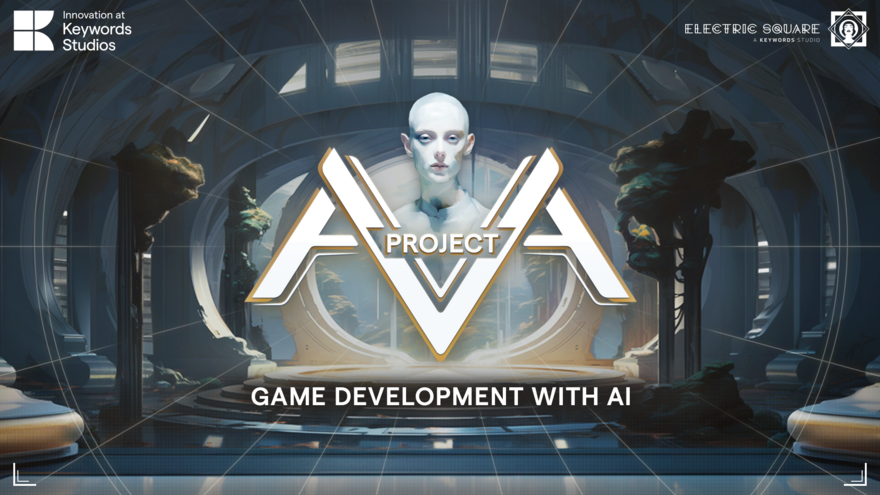The Human Mirror: What Three Years of ChatGPT Revealed About Us
When Joseph Weizenbaum created ELIZA in 1966 — a simple chatbot that mimicked a psychotherapist — he could never have imagined that people would pour their hearts out to a machine.

Fast forward nearly six decades, and the launch of ChatGPT on November 30, 2022, marked a turning point in digital history. It wasn’t just another AI tool — it became humanity’s first mass-adopted digital mirror, reflecting not only how we think, but who we are.
From ELIZA to ChatGPT: A Timeline of Curiosity
The evolution of conversational AI stretches from ELIZA’s rule-based scripts to today’s large language models (LLMs) capable of contextual reasoning, emotional nuance, and real-time synthesis.
When OpenAI’s ChatGPT launched, it broke every adoption record in tech history — reaching 1 million users in just five days and 100 million in two months. By mid-2025, users were sending 18 billion messages weekly, spanning every continent, demographic, and profession.
This explosion of engagement reveals something profound: AI is democratising access to knowledge, not just productivity.
How Humanity Actually Uses AI
While discussions often center on automation and job displacement, real-world data tells a more human story. Research shows that 73% of ChatGPT use is non-work-related.
- 34% seek practical advice.
- 26% look for information.
- 19% ask for writing help.
In contrast, only 4.2% of messages involve computer programming, and a mere 1.9% relate to companionship or emotional support.
In other words, most people aren’t automating labor — they’re augmenting thought. Writing remains the dominant workplace use case, powering creative ideation, communication, and clarity.
The Human Mirror Effect
ChatGPT revealed that human intelligence isn’t defined by data recall or logic — it’s defined by intentional creativity, judgment, and meaning-making.
As AI assumes repetitive cognitive work, humans are developing a new skill set: meta-thinking — the ability to discern what to delegate to AI versus what requires empathy, ethics, and human intuition.
The data also revealed something unexpected: millions prefer AI conversation not because it’s better, but because it’s safer — a judgment-free, patient, and always-available space for thinking and reflection. This trend hints at an underlying social phenomenon: intellectual loneliness in the digital age.
At the same time, exposure to AI-generated content is strengthening human discernment. Rather than falling for deepfakes, people are developing “digital literacy intuition” - an instinctive ability to detect bias, question sources, and cross-check facts.
What the Next AI Transformation Will Look Like
The next wave of AI development is poised to reshape creativity, communication, and commerce. Analysts estimate AI’s economic impact in Asia-Pacific alone could reach $1.6 trillion by 2027, with “superhuman” capabilities in programming projected between 2027 and 2030.
Nowhere is this transformation more visible than in gaming and entertainment, where Keywords Studios operates at the frontier. AI-driven NPCs (non-player characters) are beginning to adapt dynamically to player behavior, create branching storylines, and generate personalized in-game experiences.
The same underlying principles — contextual intelligence, adaptive learning, and personalization — are cascading into every industry, from healthcare to logistics.
But the most significant shift isn’t technological — it’s human. As we offload mental repetition, curiosity expands, expertise democratizes, and emotional intelligence becomes our most valuable asset.
The Real Reflection
Three years after its launch, ChatGPT hasn’t diminished human intelligence — it has redefined it. Stripped of routine mental tasks, we are rediscovering what makes us uniquely human: our capacity for storytelling, ethical reasoning, empathy, and imagination.
The story of AI is not one of replacement, but of rediscovery. Just as we once delegated arithmetic to calculators and navigation to GPS, we now entrust synthesis and pattern recognition to AI — freeing ourselves to think more deeply, creatively, and compassionately.
The digital mirror reflects an encouraging truth: humanity adapts, evolves, and grows stronger with each technological leap.
We are not becoming obsolete.
We are becoming more human.
About Keywords Studios and AI Innovation
At Keywords Studios, we explore how AI can augment creativity, production, and storytelling across gaming, entertainment, and media. Through initiatives like Project KARA and advanced sentiment and data analysis tools like Lens, we help partners navigate the intersection of human insight and artificial intelligence.






